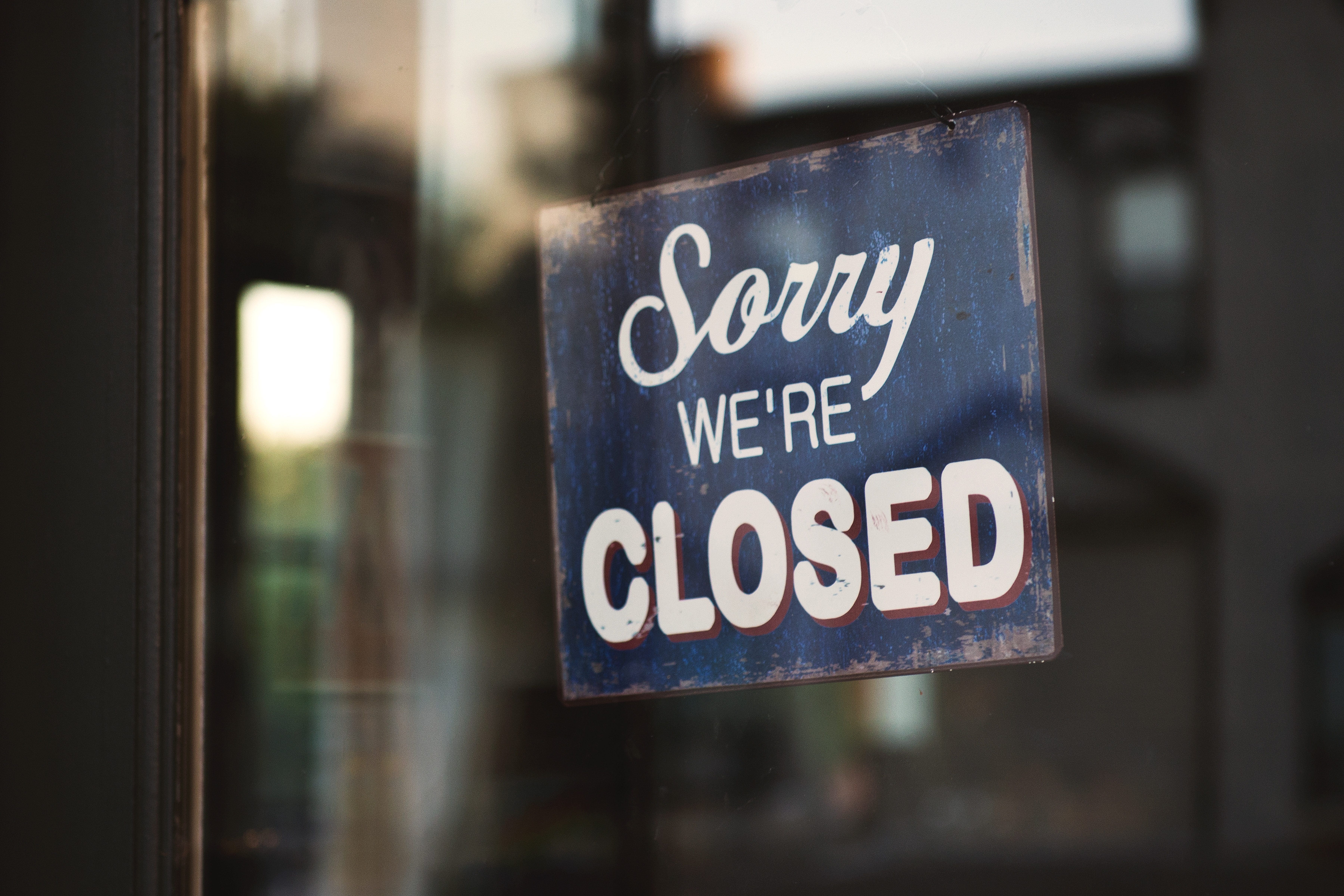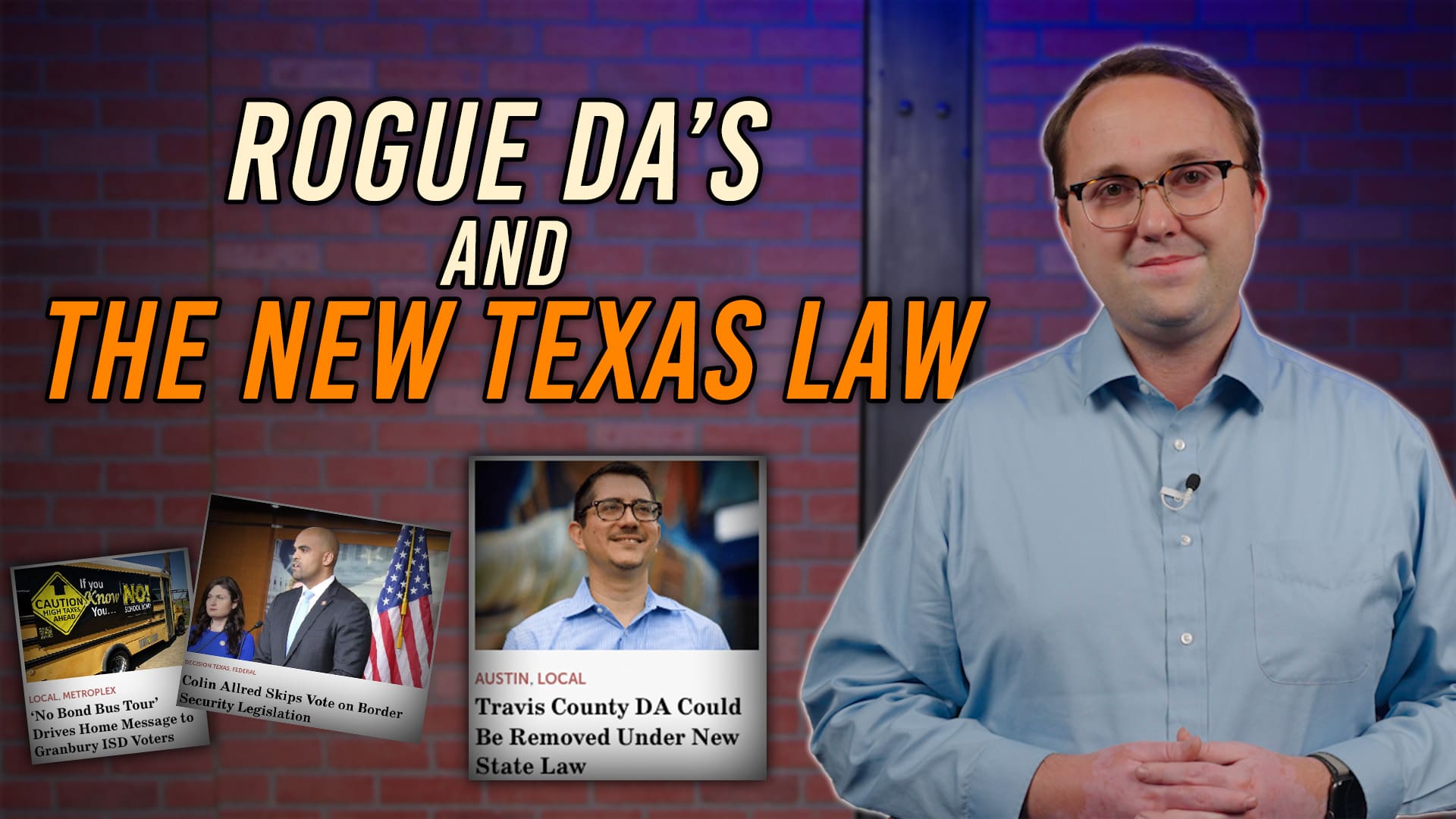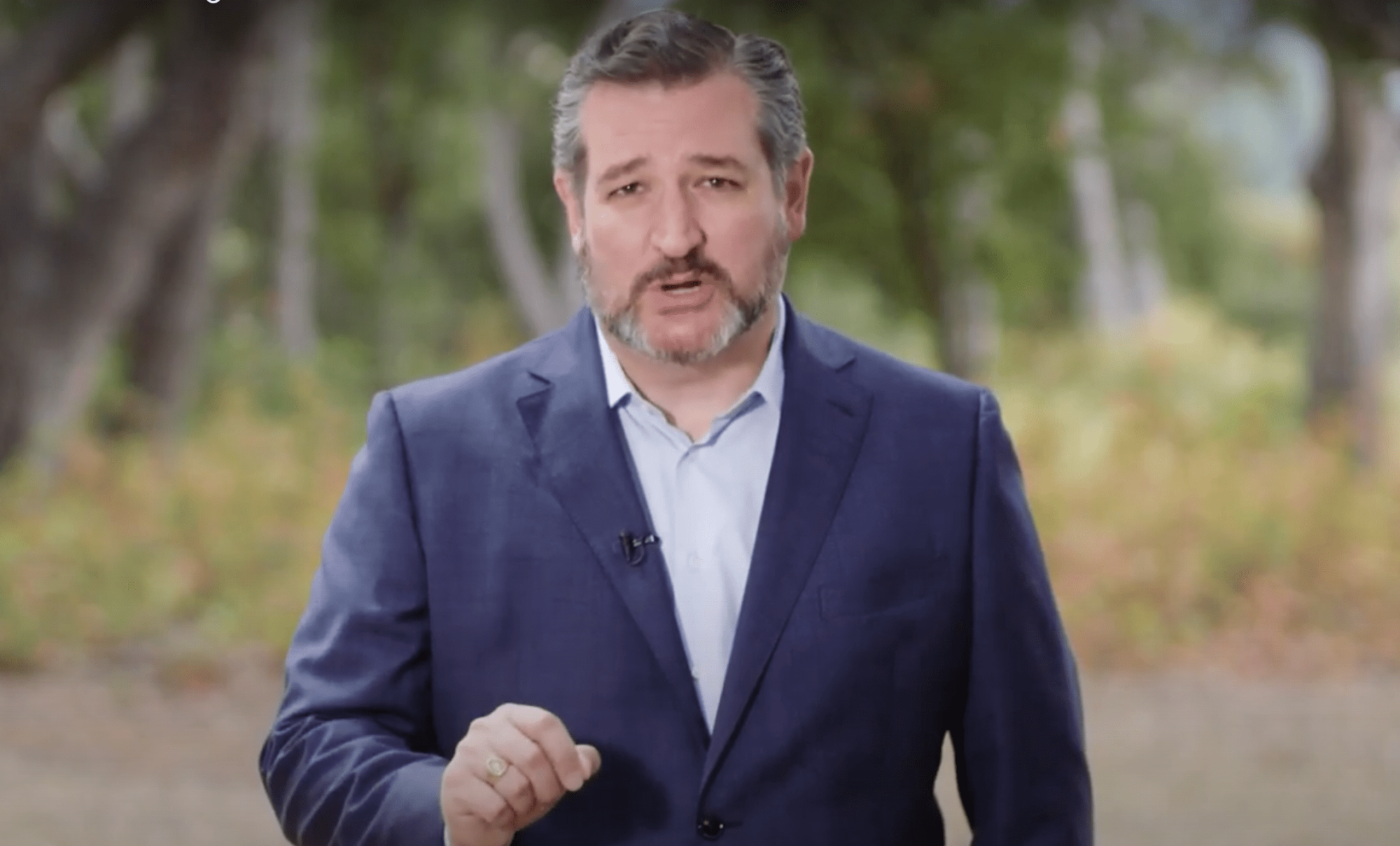Across Texas, thousands of restaurants are opening their doors and allowing patrons inside for the first time in over a month after Gov. Greg Abbott’s executive order that shuttered them entirely has officially expired.
In its place is a new order that permits them to partially reopen but keeps them 75 percent closed—which is entirely closed for the many businesses who have noted they won’t be able to turn a profit under those conditions.
In other words, despite what the governor might want you to think, Abbott isn’t reopening Texas. He’s keeping it mostly closed.
Don’t get me wrong, I’m going to leave my house today and find a way to sit down at a Mexican restaurant and enjoy some chips and salsa while I wait on some hot and fresh tamales to come to my table. But I’m not going to celebrate that the government shutdowns are over until they actually are.
Even if I was excited that Abbott was parceling out a portion of my confiscated liberty and handing it back, I wouldn’t be able to invite more than a few friends to celebrate the restoration of that fragment of my freedom.
Under Abbott’s order, tables of six or more are banned. Have friends who are content to sit elsewhere? Be careful; you’ll likely violate Abbott’s order, which bans restaurants, movie theaters, museums, and libraries from operating at more than 25 percent capacity.
Big deal. That’s on the restaurant owner to enforce, right? Actually, no.
Under the parameters of Abbott’s order, I and other patrons of a restaurant will be technically liable for the oft-repeated fine of up to $1,000 and 180 days in jail if there are too many people enjoying the aforementioned chips and salsa.
That seems odd. How am I supposed to know what capacity is? Even if I did bring a tape measure big enough to calculate the area of the building and subtract my fellow patrons and the visible equipment, I doubt any owner or manager worth their salt is going to let me go into the kitchen to count cooks and measure ovens, sinks, and refrigerators.
Do I expect police officers to be quickly dispatched to rigidly enforce this order in every instance? No. But what does it say about Abbott’s leadership that I can’t actually be sure if I can go to my favorite burger joint without violating the law, but I am entirely confident that anyone can enter the door of an abortion clinic regardless of how many people are inside?
Is that what a majority of Texans voted for? Is that what they expect from their leaders?
And what does it say about our republic that our leaders appear to have abandoned the idea that the rights of citizens belong to them and that government best keep clear and have supplanted it with the premise that rights belong to the government and may be rationed and doled out to citizens in a time and fashion of Abbott’s choosing?
We should not be satisfied with rationed freedom. Indeed, rationed freedom isn’t freedom at all.
It’s important that in future elections, we remind our current elected officials they’re always responsible for their decisions, whether they like it or not. But elections are a long way off. What should citizens do in the meantime?
You could look to history and review the writings of our Founding Fathers, or you could look to a more recent legislator.
Open your business! They can’t jail us all.
— ???????????????????????????? ???????????????? (@BriscoeCain) April 29, 2020





